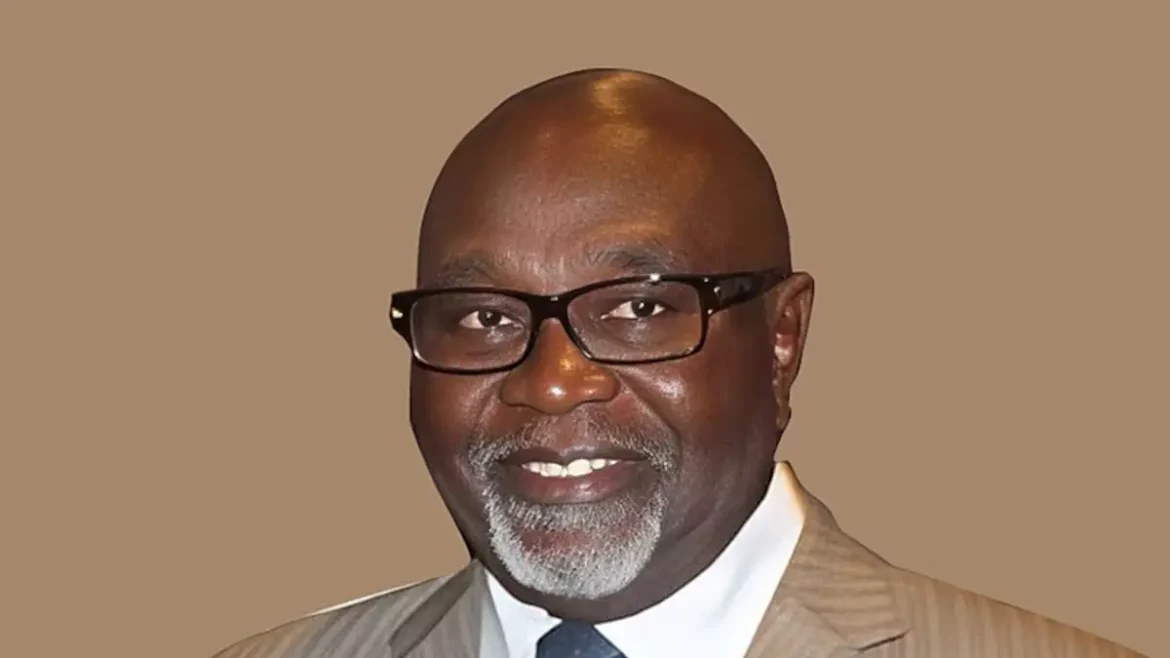Togo: the political journey of President Jean-Lucien Savi de Tové

On May 3, 2025, Jean-Lucien Savi de Tové was sworn in as president of the Republic of Togo, marking a historic moment in the country’s political landscape. Following a constitutional reform adopted in May 2024, Togo transitioned to a parliamentary system that split executive power between two figures: a prime minister, who holds actual authority, and a president of the Republic, tasked with safeguarding national unity. Though largely unknown to the public, Savi de Tové—whose political career dates back to the 1970s—emerged as a unifying figure and man of consensus.
Jean-Lucien Savi de Tové is the son of Jonathan Savi de Tové, a prominent intellectual and a leading figure in Togo’s independence movement. A journalist and founder of Le Guide du Togo newspaper in 1934, Jonathan was a key member of Sylvanus Olympio’s CUT party and became speaker of the National Assembly in 1958. After Olympio’s assassination in 1963, he chose exile over leading a resistance government. This legacy left a lasting impression on his son, who pursued advanced studies in political science before returning to Togo.
Jean-Lucien followed a quiet but steady path through the civil service, eventually becoming secretary general at the Ministry of Foreign Affairs. However, his trajectory was abruptly interrupted in 1977, when he was implicated in the so-called “mercenaries affair”—an attempted coup against President Gnassingbé Eyadéma. Accused of complicity, he was sentenced to ten years in prison but was released early through an amnesty.
From silence to resurgence
Pardoned in the early 1990s, Savi de Tové re-entered the political arena by founding the Party of Democrats for Unity (PDU). In an era marked by radical opposition and the rise of multiparty politics, he adopted a more moderate stance, aligning himself with conciliatory figures like former Prime Minister Edem Kodjo.
In 1999, the PDU merged with other movements to form the Convention Patriotique Panafricaine (CPP), with Savi de Tové serving as vice president alongside Kodjo. The CPP positioned itself as a centrist force, rejecting both extremism and blind loyalty to the regime, and favoring inter-Togolese dialogue.
Savi de Tové’s stature grew during the 2006 national dialogue that led to the Global Political Agreement, brokered with support from the European Union and the French and German diplomatic corps. He was appointed head of the Permanent Framework for Dialogue and Consultation (CPDC) in 2009, reinforcing his image as a consensus-builder.
Over the years, Jean-Lucien Savi de Tové earned a reputation as a statesman with rare perspective in a deeply polarized political environment. Serving as Minister of Trade in the 2000s and participating in several unity governments, he gradually stepped back from frontline politics. His non-partisan profile and statesmanlike demeanor made him an ideal candidate for the symbolic presidency in Togo’s new institutional framework.
Elected by the Congress on May 3, 2025, he now embodies political memory, republican continuity, and the nation’s desire for peace. His complex past—marked by commitment, conviction, redemption, and restraint—lends historical depth to his symbolic role. In a time of institutional transformation, the choice of Jean-Lucien Savi de Tové stands as both a tribute to history and a gesture of hope for Togo’s future.

